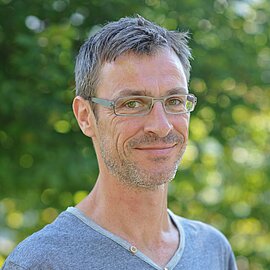BALTRAK
Balancing trade-offs between agriculture and biodiversity in the steppes of Kazakhstan
Research domain:
Natural resource use
Project duration:
31.12.2014
- 30.12.2017
Investigated countries:
Kazakhstan
The Volkswagen Foundation funds this 3-year-project that will analyze agricultural and restoration potentials on abandoned arable land, the distribution of key steppe grassland biodiversity (small mammals, birds and plants), and biodiversity responses to changing agricultural use and wildfires in Kazakhstan. The Kazakh steppes have huge, currently unused agricultural potentials that could make an important contribution to world nutrition. Simultaneously, the expansion of agriculture competes with Kazakhstan’s renaturation of unique steppe ecosystems. Developing strategies to bring agriculture and biodiversity protection in line is the declared goal of the BALTRAK project (Balancing trade-offs between agriculture and biodiversity in the steppes of Kazakhstan).
The interdisciplinary research project aims to evaluate the agricultural potential and renaturation of abandoned farmland. For this purpose, the connection between land use, steppe fire and biodiversity shall be analyzed. Ultimately, the researchers aim to develop strategies to reconcile agriculture and biodiversity, and contribute to the development of protected areas in Central Asia.
Project partners
- Coordination: University of Münster, Biodiversity and Ecosystem Research Group, Germany
- Association for the Conservation of Biodiversity in Kazakhstan (ACBK), Kazakhstan
- Humboldt-Universität Berlin, Biogeography and Conservation Biology Lab, Germany
- Karaganda State University, Kazakhstan
- Leibniz Institute of Agricultural Development in Transition Economies (IAMO), Germany
Support
Contact

Prof. Dr. Daniel Müller
Deputy Head of Department Structural Change,
Ombudsperson for Good Scientific Practice
Room: 239
Project Staff
Dr. Florian Schierhorn
go to profile
Brett Hankerson
Prof. Dr. Daniel Müller (Project leader)
go to profile